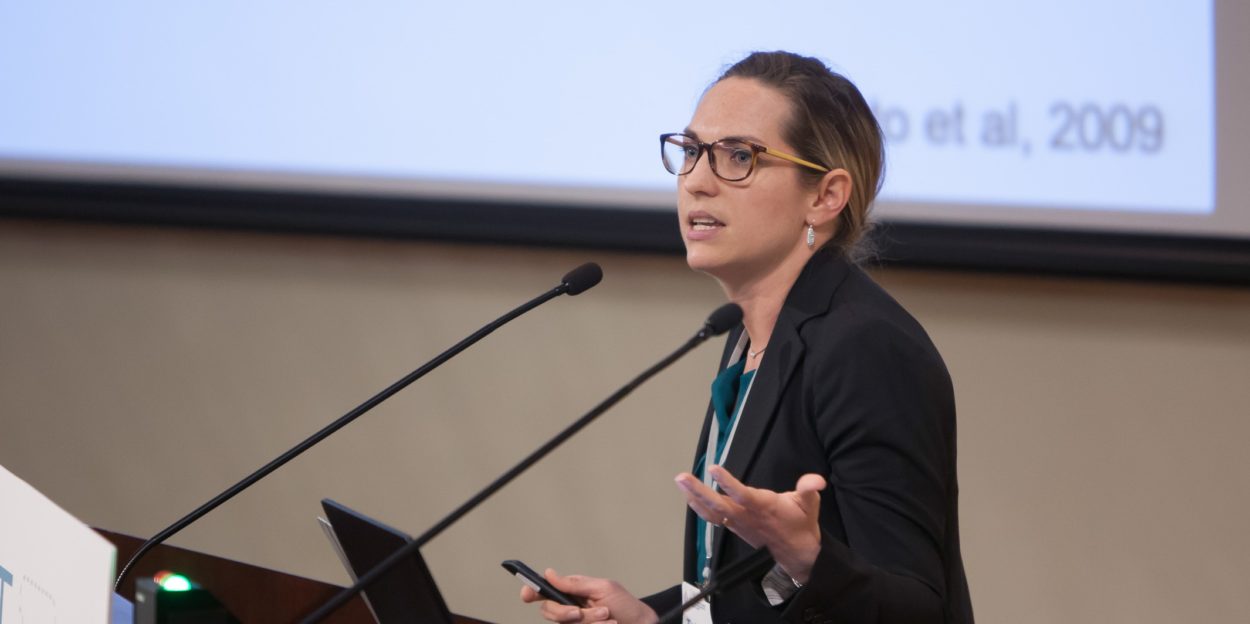
A NETRF-funded study on the development of organoids won the Presidential Award for Basic Science at the 2020 annual meeting of the European Neuroendocrine Tumor Society (ENETS). An organoid is a miniature laboratory replica of a human organ that researchers can study to understand the nature of neuroendocrine cancer and to test new treatments.
Talya Dayton, PhD, a lead researcher for Dr. Hans Clevers’ laboratory at the Hubrecht Institute, Netherlands, presented an update on the project. The Clevers Lab, which was awarded a 2017 Petersen Accelerator Award, has achieved a 50% success rate in growing organoids from NET and healthy tissue samples derived from the small intestine, lung, and pancreas.
Little is known about how NETs form, grow and spread. Using organoids as the basis for their studies, Dr. Clevers’ lab is working to identify the cellular changes that contribute to a healthy neuroendocrine cell becoming cancerous. Organoids can also serve as disease models to test the effectiveness of potential therapies in the laboratory. In her presentation, Dr. Dayton announced exciting new findings.
“We’ve identified a biomolecule that can slow neuroendocrine cancer growth, even in high-grade neoplasms,” said Dr. Dayton. “This is remarkable because it appears to be the same biomolecule required to promote cell growth in organoid culture.”
The Hubrecht Institute’s identification of a biomolecule, which may be capable of promoting or slowing the growth of NET cells, could reveal new promising targets for future therapeutic development.
DISCLAIMER
NETRF funds laboratory research to understand the development of neuroendocrine tumors and translational research to explore new concepts in treatment. Research grant descriptions and research updates from NETRF are not intended to serve as medical advice. It can take years for research discoveries to be fully validated and approved for patient care. Always consult your health care providers about your treatment options.
